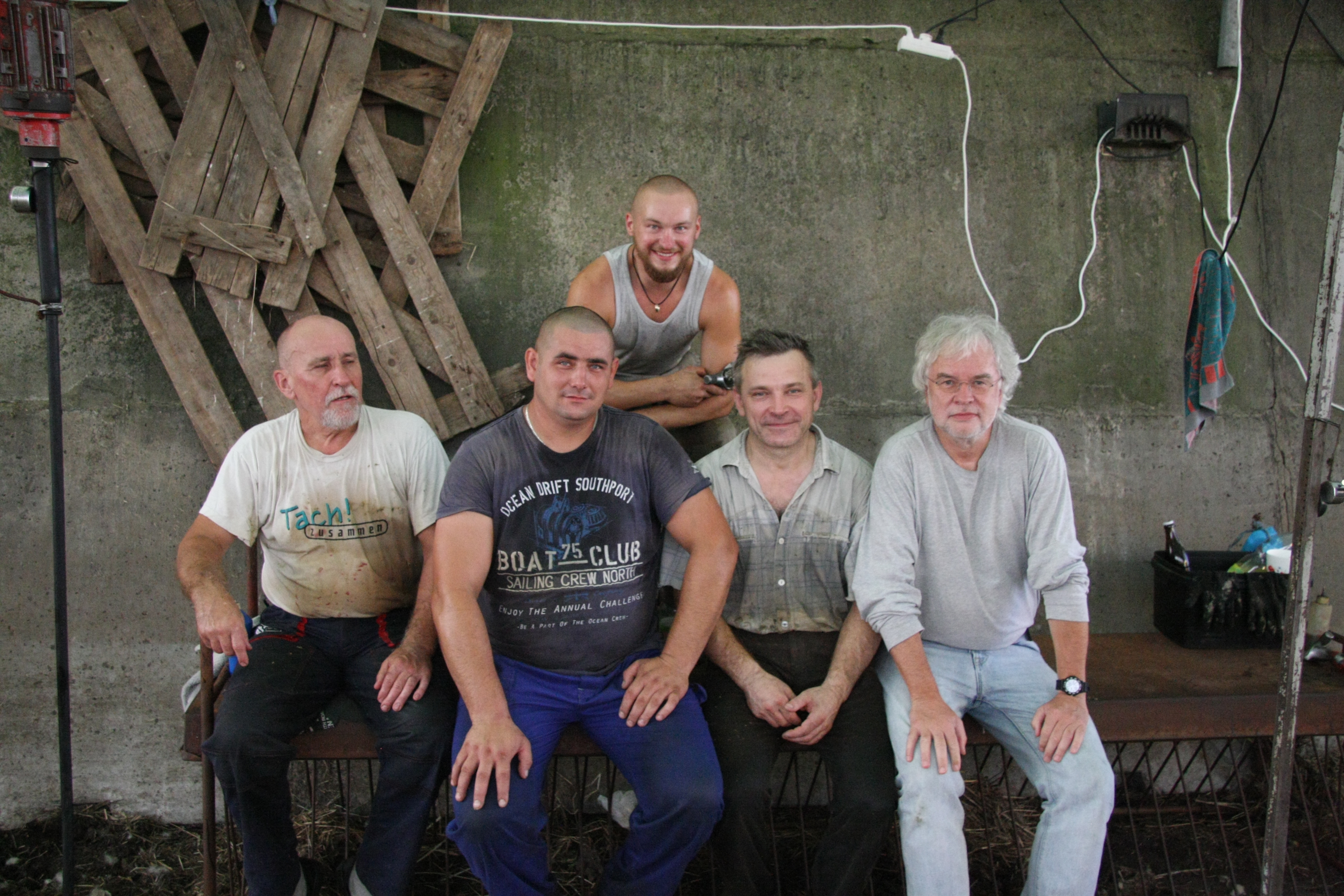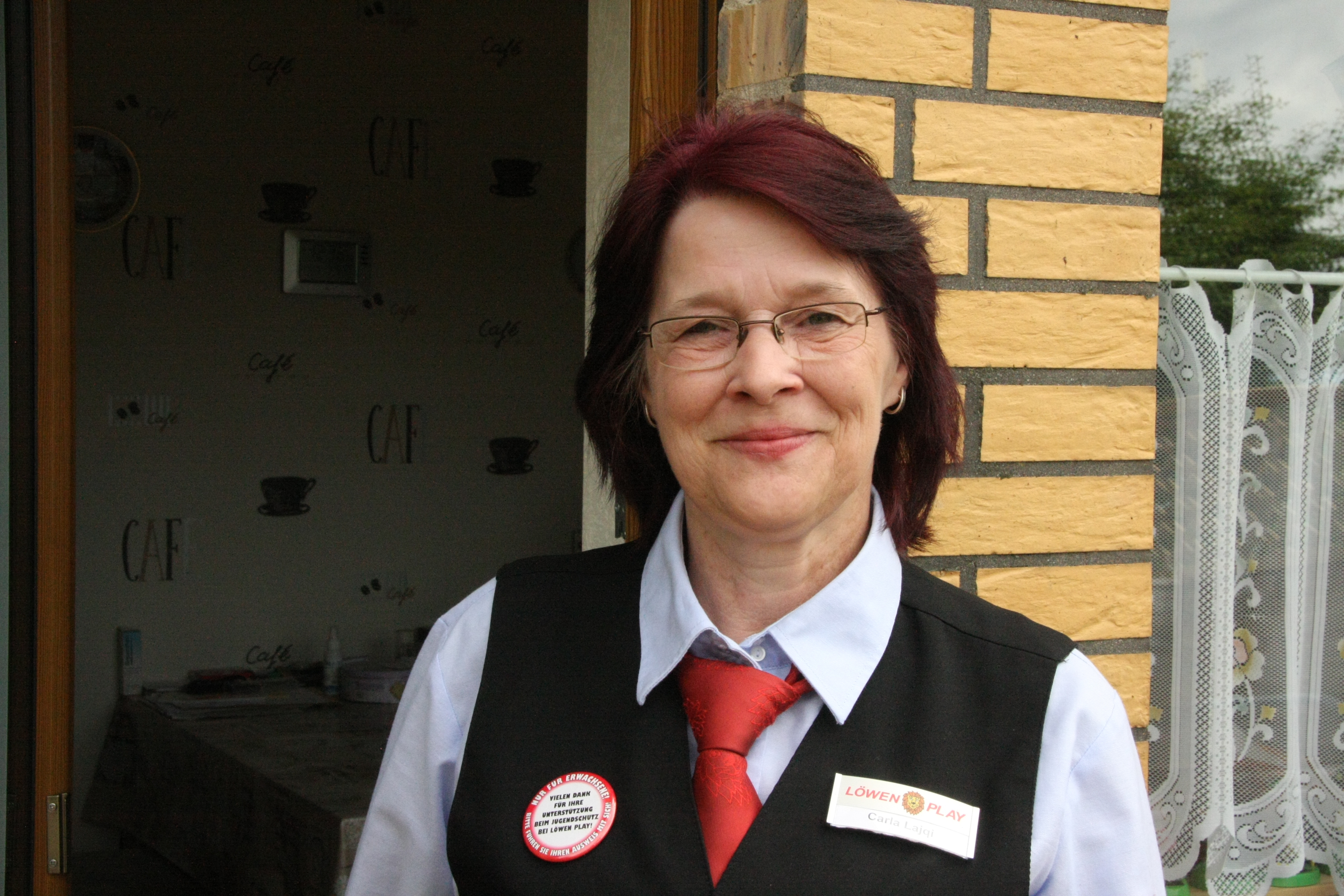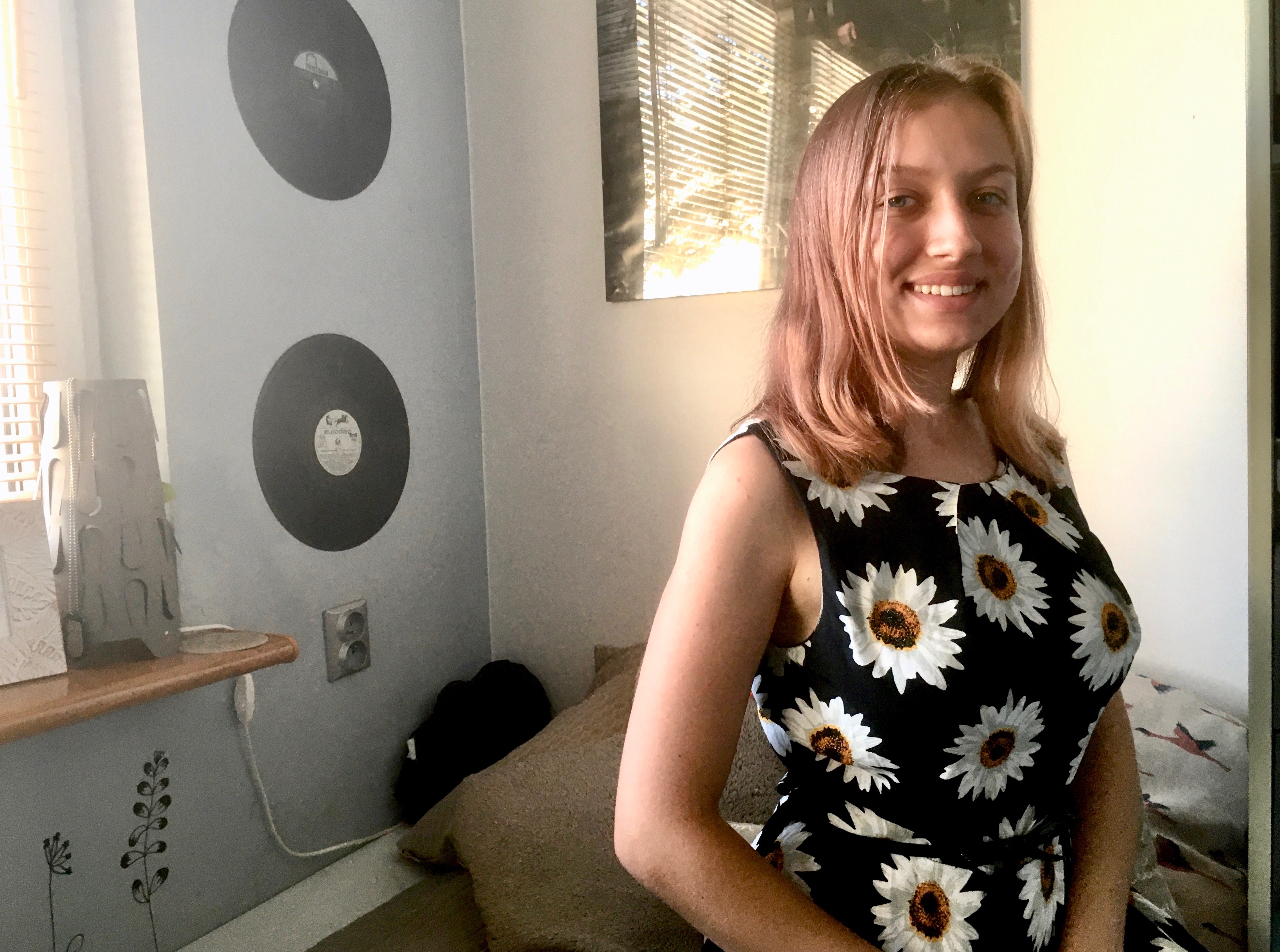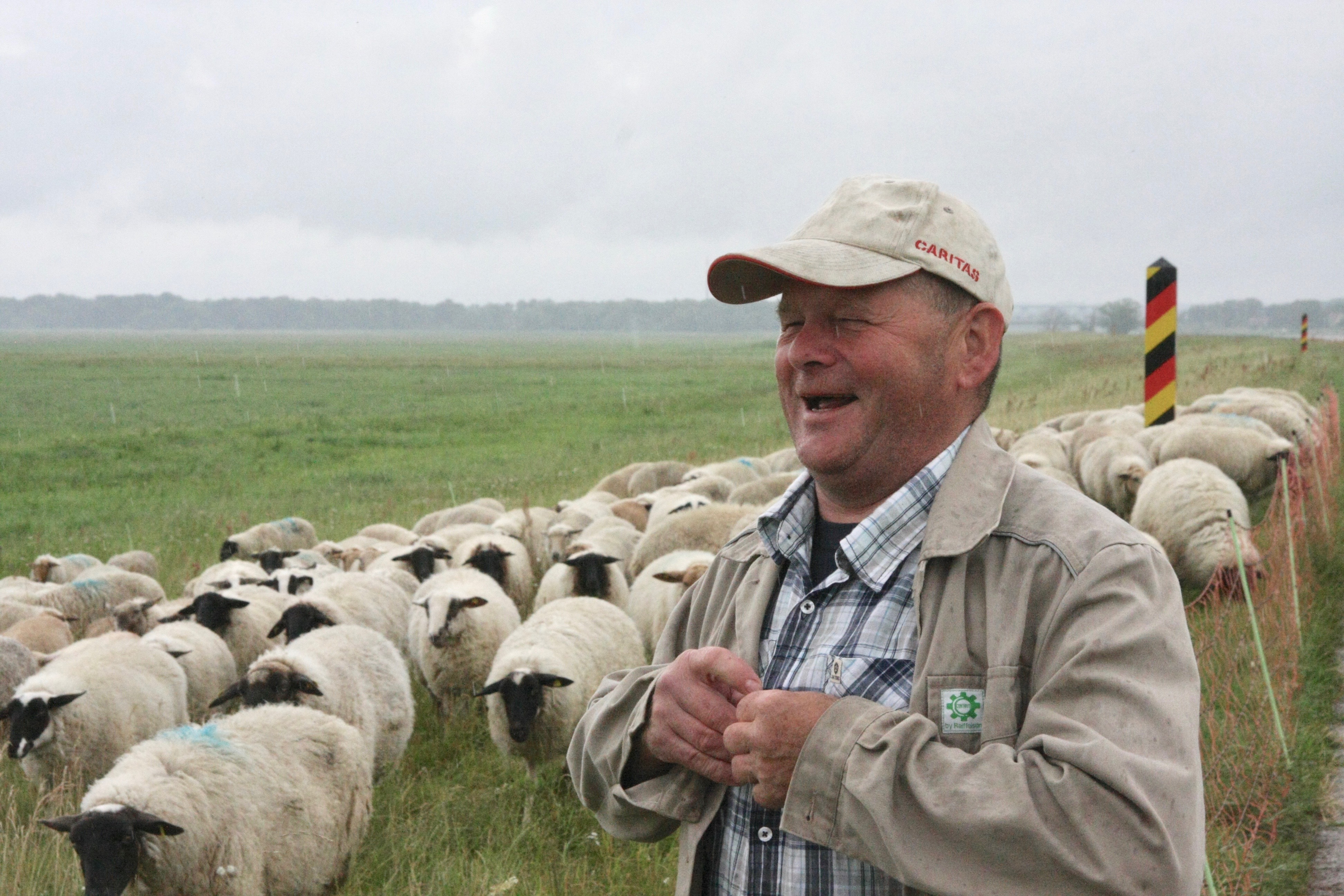
Silent Observer in the Borderlands
Silent Observer in the Borderlands
»An interview with director Andreas Voigt«
Filmmaker Andreas Voigt travels the world as a freelance director and film lecturer. He has a special relationship with Poland, the country that "made" him what he is today. Last year, his new documentary film "Grenzland" ("Borderland") premiered. At this year's Neisse Film Festival, the film received the "Special Award of the Saxony Film Association". For 3mag, Patrick Weißig spoke with Andreas Voigt about his work, his relationship with neighboring Poland and his view of Europe.

Your film "Grenzland" picks up the cinematic thread from 1992, when you had already portrayed people and nature along the Oder and Neisse rivers. Why was it important to you to go on this journey again almost thirty years later? All that made me who I am today. And so, shortly after 1990, I wanted to visit "my country" cinematically - at that time, after the collapse of the socialist countries - no one knew what would happen next. I wanted to describe this situation in my film, to capture it. Years later, I wanted to know what it looked like now and thought: "I have to go there again." What interests you about Poland? I like the completely different way people approach each other. In Germany everything is structured - in Poland there is more of an ambivalence. Yes, it's a very complicated country, but at the same time everything is possible. While we Germans sometimes tend to be sluggish, Poles have a certain lightness - they go off and just "do it". It's also interesting to note that Poles can be found all over the world - they've often been forced to reinvent themselves and have done amazingly well. Are you perceived as a "German" filmmaker in Poland or does nationality not matter? If you speak the language, as I do, you are of course perceived quite differently - language creates a very important access. I'm not directly perceived as a "German" filmmaker with it either. |


With the interval of time between your first and second film about life along the border rivers - what has changed the most in that time? What has perhaps even surprised you?
The landscape, but also the villages and smaller towns have undergone extreme change in Poland and in Germany. A lot of money has been invested in infrastructure here. But there are also changes under the "surface". I perceive this landscape as a landscape for "pioneers". For new people who now live here and try something "different". That has also surprised me to some extent.
And of course, on the German side of the border, many young people are still migrating today. At the same time, in the area around Szczecin, for example, there are small villages on the German side that are only still "alive" because Poles now live there and their children go to schools and kindergartens. That is the advantage of Europe. This was not foreseeable when I made my first film in 1991/92.
In September this year, during the Neisse Film Festival, there was a screening of your film in Sieniawka (Pl). In the cultural barn "Zielone Wiosła" with a big screen and extremely interested audience. After the film you quickly got into conversation with the guests, in Polish of course. How do you perceive these discussions?
Absolutely positive. The audience understood and felt exactly what was important in my film. We got into serious and very concrete conversation. That was a very nice experience. Unfortunately, it was the only film screening in Poland so far (except at the Film Festival in Krakow). I very much hope that the film can be shown more often on the Polish side.
In a review of the "Zeit" it says, among other things, "Andreas Voigt is a master of the speaking miniature. His greatest gifts are patience and empathy. He opens up the so-called little people", I think this description hits the mark. How do you manage to do that, how do you get into conversation with people?
The most important thing is good research. I have to find people and talk to them. They tell their story, but the key is how they do it - they have to have the ability to do it emotionally. As a documentary filmmaker, I don't have actors in front of the camera, but as soon as the camera is rolling, the protagonists also "act", they play themselves and they have to be able to do that.
Of course, how I approach people is also very important. What interests me is not primarily the information, but the emotional aspects of their lives. That's a certain skill that you can't learn at any film school.
Historical changes in Central and Eastern Europe are central themes of your films. You once described Europe this way, "Europe is a very big opportunity because it describes a space where we can live, work, love and go back and forth. There are no borders we have to stop at." - But right now this borderlessness is being questioned in many countries - what are your thoughts on these debates?
The world is fundamentally changing since the collapse of the Eastern bloc. People have a longing for stability. But we all feel - it is uncertain. Many become afraid of the uncertain. We are facing enormous technical and accompanying social changes, globalization - all this brings great uncertainties. The longing for a nation state that could regulate all this and provide stability is growing - in many countries, not only in Poland, the Czech Republic or the USA.
Your film Grenzland is receiving a great deal of public interest and appreciation - the film critics are enthusiastic, it has already been shown at many European film festivals - Do you perceive this in the same way?
Yes, I am very satisfied with the media response. But "afterwards" comes the "documentary everyday life" and there are not so many people sitting in the cinema. It is very difficult for me to reach the large audience. Unfortunately, 100,000 viewers for a production are a utopia. But I am on the road with this film, accompany it, and in the meantime have been to a whole series of screenings, including in the USA. There, Grenzland was shown at the renowned George Eastman Museum, among others.
As already described, your film has already experienced many public screenings - what touched you in the subsequent film discussions?
The great depth of interest in the subsequent conversations naturally makes me very happy. The viewers perceive the protagonists of the film and their stories in a very emotional way.

